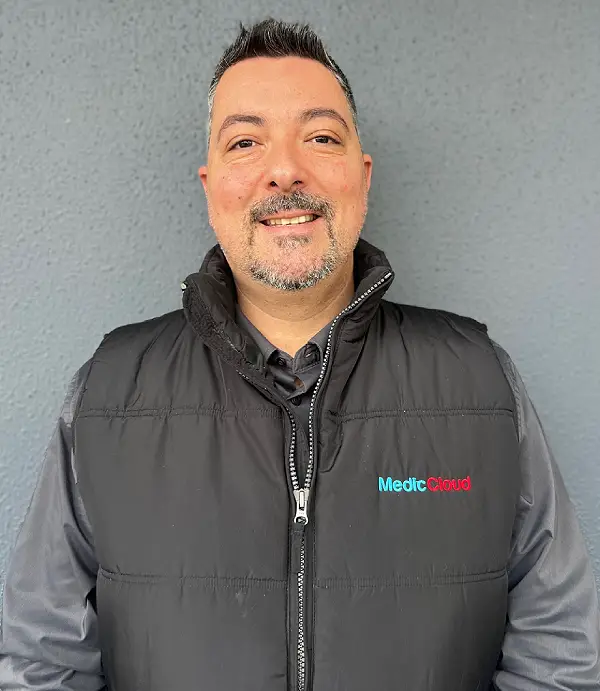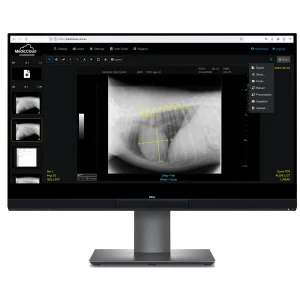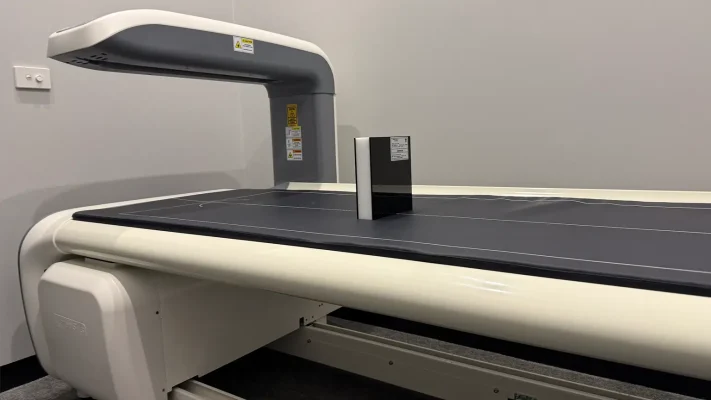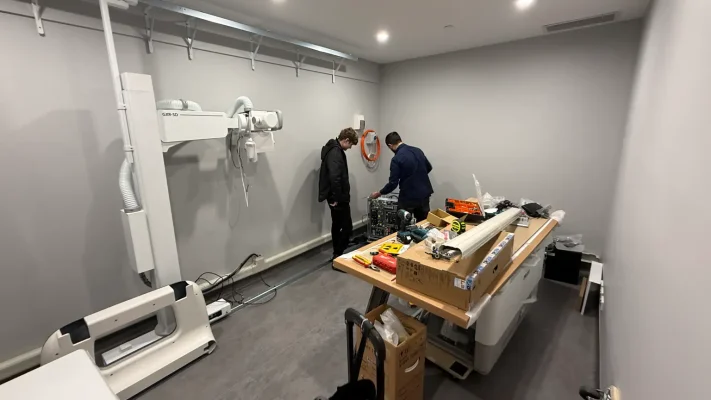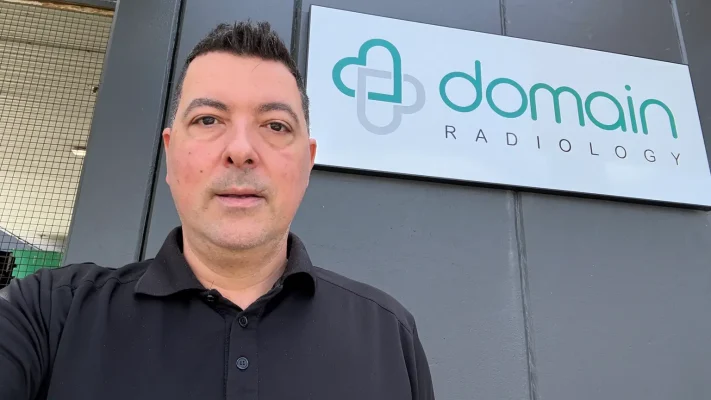Home » Managed Service Providers for IT
Managed Service Providers
In today’s healthcare environment, working with an Information Technology (IT) provider is no longer a luxury. It’s a necessity. However, not all Managed Service Providers (MSPs) offer the same level of service, and very few understand the critical demands of clinical operations.
So how can you tell if your MSP is truly supporting your clinic?
🔈 Listen as podcast
Title: Managed Service Providers for ITDuration: 05:17
What is a Managed Service Provider for IT?
A Managed Service Provider is an outsourced IT partner that manages your technology on an ongoing basis. Typical services include:
-
Helpdesk support
-
Network and server monitoring
-
Security updates and patching
-
Data backup and disaster recovery
-
Vendor management
-
Strategic IT planning
In a medical setting, though, MSPs need to go beyond just handling the technical basics.
Why does healthcare need MSPs?
Healthcare IT comes with unique challenges that demand specialised support. These include:
-
Strict privacy laws and compliance requirements such as the Privacy Act 1988, RACGP standards and My Health Record regulations
-
Dependence on cloud-based tools like EMR, PACS and VoIP, where uptime is critical
-
Handling of sensitive patient data that requires encryption, auditing and segmentation
-
Integration with specialised medical software and hardware systems
Because of this, your MSP must offer more than technical support. They need to act as a strategic partner in clinical technology.
What should I expect from a healthcare MSP?
If your MSP is truly built for healthcare, they should meet the following expectations:
| What to Expect | Why It Matters |
|---|---|
| Local, healthcare-aware support team | Understands clinical urgency and patient-focused workflows |
| Thorough documentation of your systems | Ensures you meet compliance and accreditation obligations |
| Guaranteed uptime commitments | Supports the uninterrupted delivery of clinical services |
| Strong cybersecurity focus | Helps prevent ransomware, phishing attacks and other intrusions |
| Reliable backups and failover systems | Reduces the impact of outages and supports recovery |
| Knowledge of medical-specific software | Enables proper support for EMR, PACS, RIS, dental and billing systems |
| Flexible and responsive support times | Allows urgent issues to be handled quickly and effectively |
Software solutions we offer at Medic Cloud
Our range of software solutions.
Signs it may be time to change your MSP
If you notice any of the following, it might be worth reassessing your current provider:
-
They fail to document your systems or manage credentials securely
-
They treat your clinic like a regular office rather than a healthcare setting
-
You’ve experienced unexplained downtime or recurring technical issues
-
They rarely mention risk management, compliance or business continuity
💡 Quick Tip: Ask your MSP when they last tested your backup system. If they hesitate or can’t give a clear answer, that’s a warning sign.
How Medic Cloud supports healthcare differently
At Medic Cloud, we tailor our MSP services specifically for healthcare providers. Our approach includes:
-
Australian-based support teams trained in healthcare environments
-
24/7 monitoring of clinical IT systems
-
Custom escalation processes based on urgency and patient safety impact
-
Secure management of passwords and credentials
-
Built-in documentation and support for audit preparation
We also know that medical and veterinary clinics don’t stop working at 5:30 PM. While our standard office hours are 9:00 AM to 5:30 PM, our emergency support line remains available 24/7. This ensures clinics can continue delivering patient care even during critical after-hours situations.
In short, we don’t just fix technical problems. We help clinics plan ahead, reduce risk and grow with confidence.
Final thoughts
A good MSP should feel like an extension of your clinical team. If your provider isn’t actively discussing patient safety, compliance, uptime or system integration, they’re not thinking with a healthcare mindset.
Read more blogs

Subscribe to Medic Hub
Get the latest insights direct to your inbox.

